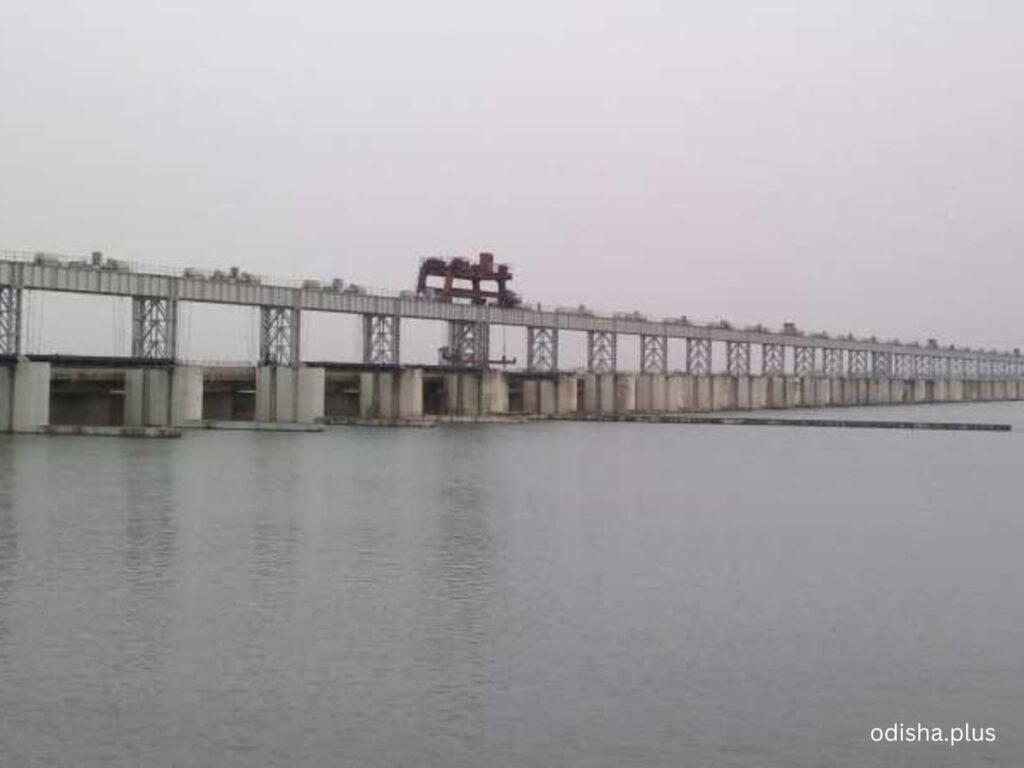Odisha has locked horns over river water with multiple neighboring states. What are the specifics of these conflicts, and what is their current status? This will be explored in a three-part series
OdishaPlus Bureau

The Mahanadi River conflict is an ongoing dispute between the Indian states of Odisha and Chhattisgarh regarding the sharing and management of the river’s water. The Mahanadi, a significant river in East-Central India, starts in Chhattisgarh and flows through Odisha before reaching the Bay of Bengal. The main issue is water distribution, with Odisha accusing Chhattisgarh of decreasing the water flow downstream by building dams and barrages upstream. This has impacted agriculture, drinking water availability, and the ecological balance in Odisha.
The conflict escalated around 2016 when Odisha expressed concerns about Chhattisgarh’s construction of various projects, including dams and barrages like the Kelo Dam and others such as Samoda, Seorinarayan, and Kalma. Odisha argues that these structures hold back a large amount of water during the dry season.
A major issue is the effect on the Hirakud Dam in Odisha, which is essential for irrigation, flood management, and electricity production, depending on consistent water flow from upstream Chhattisgarh.
Odisha claims that Chhattisgarh’s actions breach riparian rights and jeopardize its water security, while Chhattisgarh contends it requires the water for its development, including agriculture and industrial expansion. Attempts to settle the dispute through negotiations have mostly been unsuccessful.
In 2016, Odisha sought help from the central government under the Inter-State River Water Disputes Act of 1956, asking for a tribunal to be formed. After some initial pushback and failed discussions, the Mahanadi Water Disputes Tribunal was created in 2018 to address the issue.
The tribunal is responsible for evaluating water availability and usage, but its progress has been sluggish, with river basin inspections continuing in recent years. The conflict has also become political, as Odisha’s ruling party, the Biju Janata Dal (BJD), has accused the Bharatiya Janata Party (BJP), which leads Chhattisgarh, of prioritizing industrial interests at the expense of communities downstream.
Environmentalists and activists contend that both states have focused on industrial growth—like coal power plants and mining—rather than sustainable water management, worsening ecological harm to the river basin.
Recent updates indicate a possible move toward conversation, as reports show that the Chief Ministers of Chhattisgarh and Odisha are open to finding a friendly solution. However, the tribunal’s final ruling, which is anticipated to influence water-sharing agreements until at least 2051, is still awaited, leaving the dispute unresolved for the time being.





















